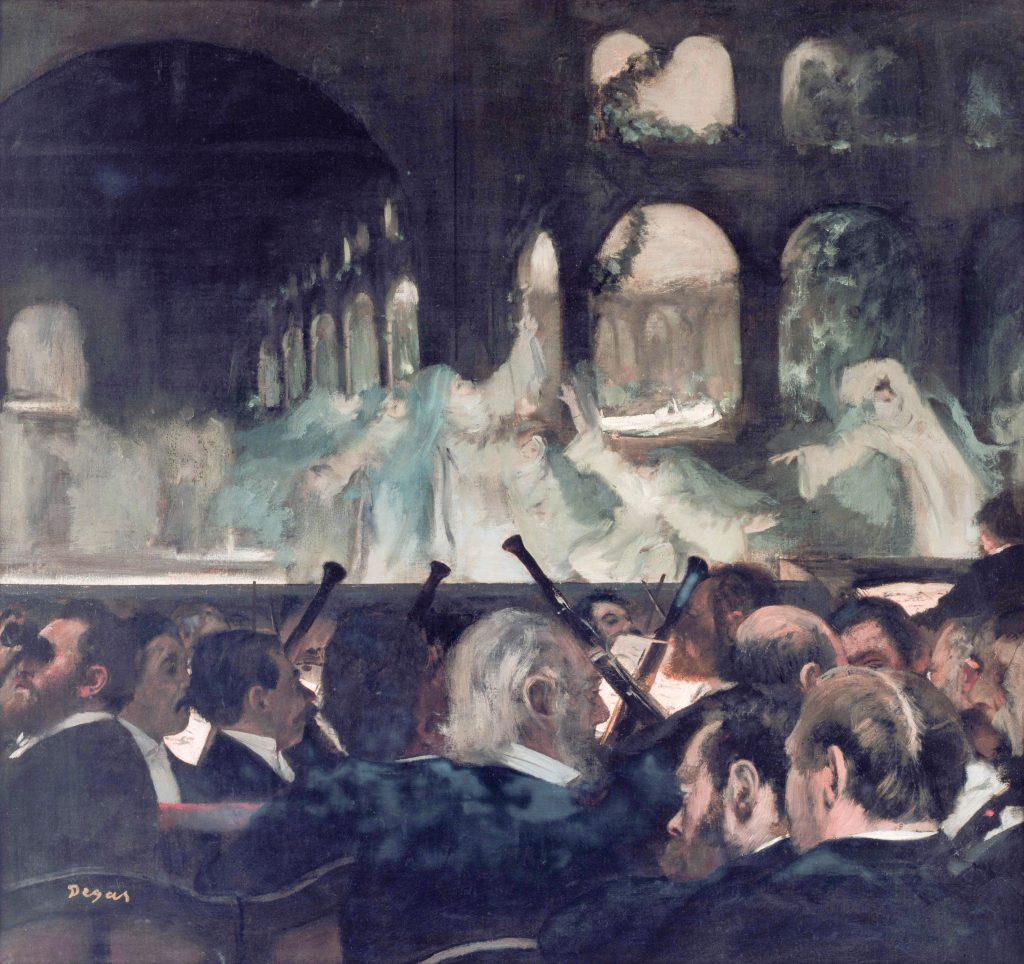
The early nineteenth century French opera was dominated by the Italian born Luigi Cherubini, then considered the equal of Beethoven (they were close friends too).
He was born Maria Luigi Carlo Zenobio Salvatore Cherubini in Florence in 1760. His father, Bartolomeo, maestro al cembalo (“Master of the harpsichord”), was his first teacher. He initiated his son to the art of counterpoint and taught him the dramatic style at an early age. A thirteen years old Cherubini already composed several works in various forms.
His early operas were strongly influenced by his Italian contemporaries, with the libretti written by Metastasio and Apostolo Zeno. His personality was too strong and after a while he decided that the musical traditions of his country were too limited so he traveled to London and then moved to Paris.
There his music was appreciated: first success was Lodoïska (1791). Followed by Elisa (1794) and Médée (1797), Cherubini’s best-known work.
All of these operas were premièred at the Théâtre Feydeau or the Opéra-Comique.
In 1822 he became director of the Conservatory and wrote several pedagogical works on music (including Cours de contrepoint et de fugue).
The “Grand Opera”
New kind of 19th c. opera that appealed to the relatively uncultured audiences who thronged the opera houses looking for excitement and entertainment. As much spectacle as music, with libretti created to exploit every possible occasion for machinery, ballets, choruses, and crowd scenes.
This was another development of the French composers that includes Gaspar Spontini’s La Vestale (1807), and Fernand Cortez (1809).
Made generally in four or five acts, characterized by large-scale casts and orchestras, and (in their original productions) lavish and spectacular design and stage effects the grand french opera became the main vehicle for one of Europe’s most dominating opera composers, Giacomo Meyerbeer (1791-1864), a German born composer who dominated the serious opera scene in Paris for decades with Robert le diable (1831), Les Huguenots (1836), and L’Africaine (1865).
Another German born composer that moved to Paris was Jacques (Jacob) Offenbach (1819-1880). With his 90 operas he became the leading composer of opera bouffe. His best works include Orphé aux enfers (1855), La belle Hélene (1864), and La vie parisienne (1867). His last opera, and greatest work, Les contes d’Hoffmann remained incomplete at his death.
These light operas also had their counterpart in Austria, as best exemplified by Johann Strauss Jr. (1825-99) with his popular Die Fledermaus (1874), and Franz von Suppé (1819-95) with Dichter und Bauer (1846). In England Arthur Sullivan (1842-1900) teamed with the librettist W. S. Gilbert to produce 13 operas from 1875-1896 satirizing English society that remain popular today, including Trial by Jury, H.M.S. Pinafore, The Pirates of Penzance, Yeoman of the Guard, The Mikado, and The Gondoliers.
Unfortunately, French born opera composers never produced a dominating figure that contributed the numerous masterpieces of a Verdi or Wagner.
Yet substantial operas were composed by Hector Berlioz and Camille Saint Saëns (1835-1921) with his Samson et Dalilia (1877), and Leo Delibes’ (1836-1891) Indian based opera Lakmé (1883).
Anothert gene, the so called “lyric opera” was best exemplified by Charles Gounod (1818-1893) with his Faust (“a lyric drama“) and Roméo et Juliette (1867).
Bizet, last hope for the French Opera
The greatest hope for a major French opera composer (born in France) was in Georges Bizet (1838-75) whose early death ended a promising career.
Bizet was a gifted pianist that won the Prix de Rome in 1857 and spent several years of study in Italy. He composed the operas Les pecheurs de perles (1867) and La Jolie fille de Perth (1867).
But is with his opera Carmen (1874) that he combined traits of both Wagner and Verdi, two composers that he greatly admired, and anticipated the verismo style with his emphasis on common characters, violence, and brutality.
Carmen has become the most frequently performed French opera, and one of the staples of the current opera repertory, unfortunately he couldn’t enjoy its success since it happen after his death.
For more about opera please check my article on Oedipous Rex.
- Written by: antcafasso
- Posted on: 02/11/2021
- Tags: Opera

